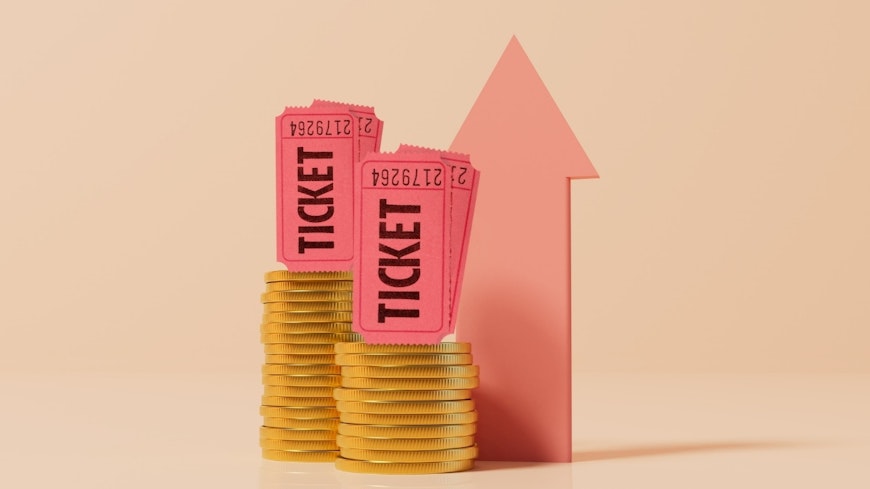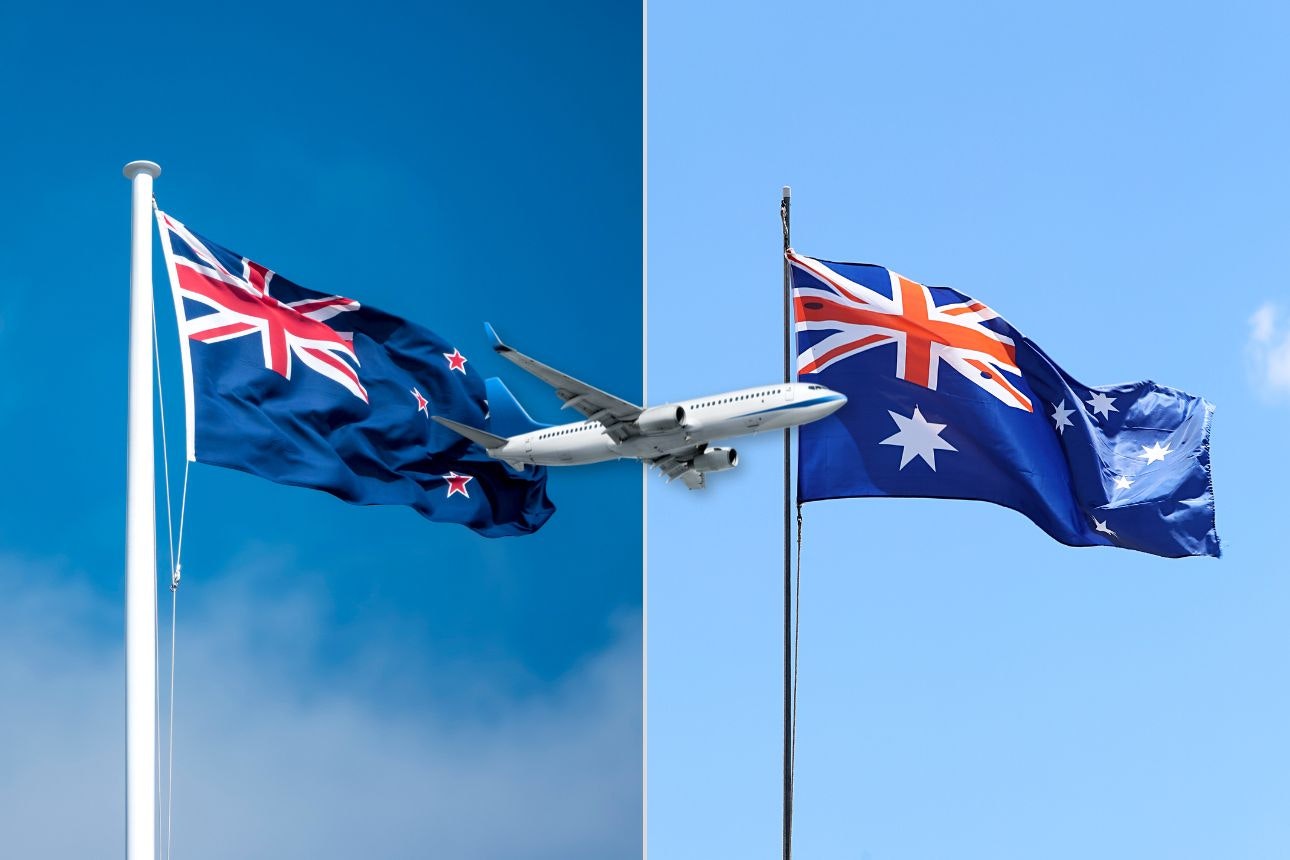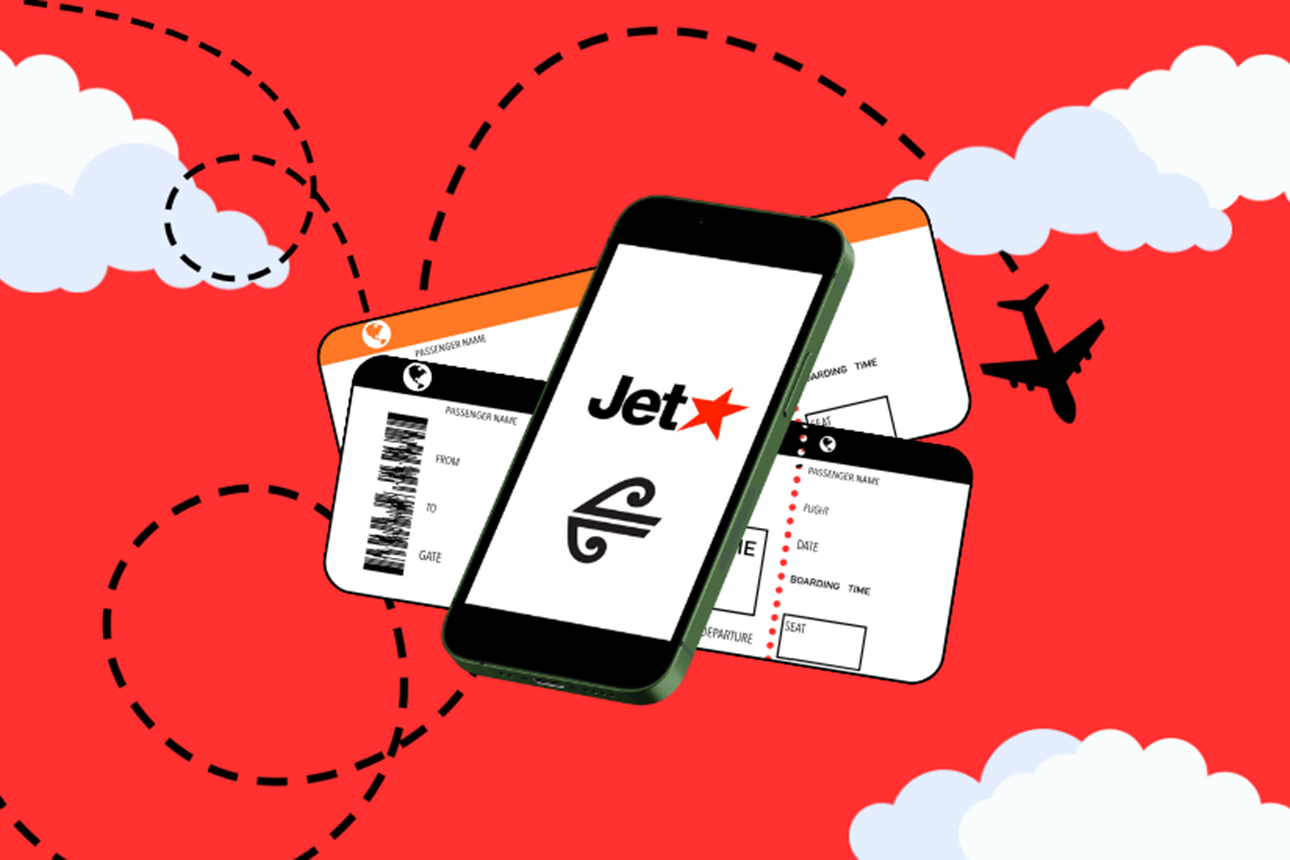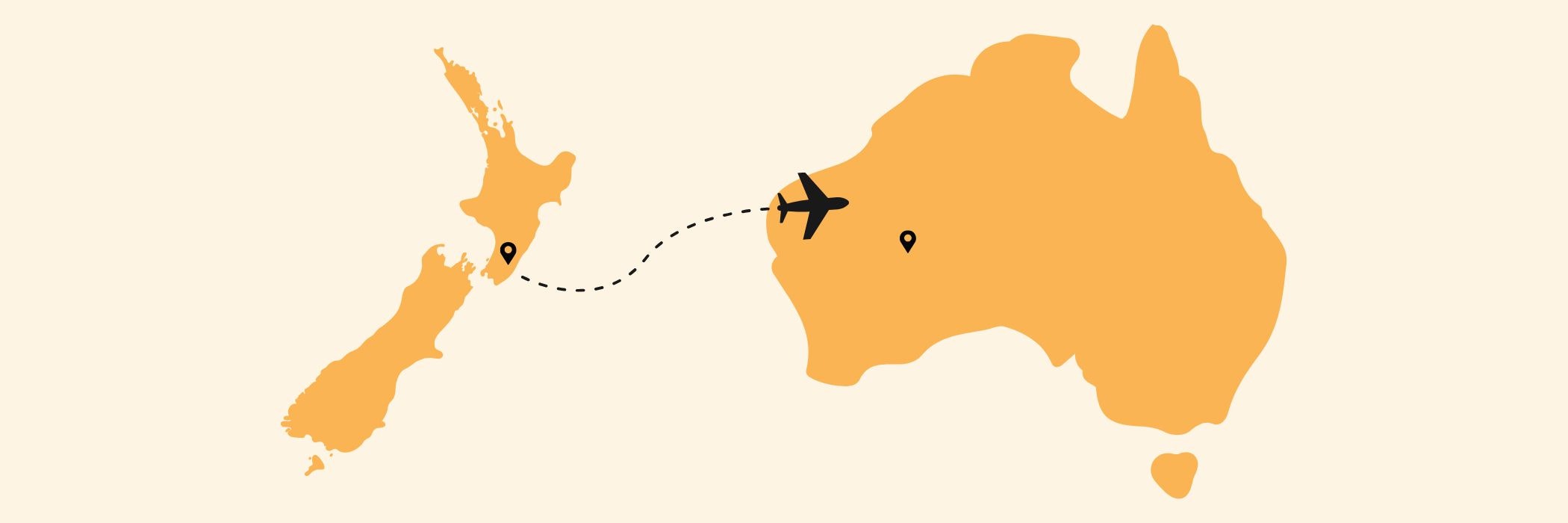
By Chris Schulz
Investigative Journalist | Kaipūrongo Whakatewhatewha
Tickets for a reunion tour by the British rock band Oasis went on sale in August this year. Within minutes, ticket prices reportedly ramped up from £148.50 (NZ$322) to £355.20 (NZ$770), an increase of 139%. Unlucky, slower fans were up in arms.

Dynamic pricing was the name of the game – the act of pricing goods or services based on demand, also known as surge pricing.
The outcry sparked worldwide headlines. That includes here in Aotearoa, where dynamic pricing pushes up the price of many concert tickets sold through Ticketek and Ticketmaster.
Now, one country is doing something about it.
Dynamic pricing is set to be banned in Australia. It’s part of a raft of changes that will affect online retailers who also use other pressure tactics to force sales, including countdown timers, hidden fees and tricks that make it hard to cancel subscriptions.
"Hidden fees and traps are putting even more pressure on the cost of living, and it needs to stop,” Australian Prime Minister Anthony Albanese said when announcing the measures.
Should Aotearoa follow suit?
What Australia is doing about dynamic pricing
In mid-October, Australia’s federal government announced it would move to prohibit unfair trading practices.
According to the British daily newspaper The Guardian, such practices included these “dodgy” sales techniques:
hidden fees, often associated with concert tickets;
subscription traps;
drip pricing, where fees are gradually added through each stage of a purchase;
websites requiring customers to sign up for unnecessary accounts.
But the main practice Prime Minister Albanese wants to outlaw is dynamic or surge pricing.
“From concert tickets to hotel rooms to gym memberships, Australians are fed up with businesses using tricky tactics that make it difficult to end subscriptions or add hidden fees to purchases,” Albanese said in a statement.
“These practices can … result in additional costs, putting more pressure on the cost of living.”
Australia’s Treasury is consulting on the plans before they become legislation.
What our political parties say
Consumer NZ asked each political party if they thought Aotearoa would benefit from following Australia's lead. The feedback was mixed.
Arena Williams, Labour's spokesperson for consumer affairs, agreed hidden fees were contributing to a cost of living crisis. "It's important that the fair trading rules here keep up with trends like the pressure sales tactics used by online retailers," she said.
Williams believed we should follow Australia and regulate so retailers “aren't getting a free ride in our market”. She said, “The Minister for Commerce and Consumer Affairs isn’t focused on this important issue right now, but we need him to stick up for the little guy here.”
The National party’s Andrew Bayly is Minister for Commerce and Consumer Affairs. In a statement, he said some issues were already covered under the Fair Trading Act and the Credit Contracts and Consumer Finance Act. “Kiwis deserve clear and honest pricing,” he said. “Under the Fair Trading Act, businesses can't mislead consumers, and any reasons given for price increases must be accurate.”
Asked if there were plans to follow in Australia’s footsteps, Bayly said it “isn’t an immediate priority”. He said, “My officials will keep a close watch on developments in Australia to assess whether there could be opportunities for alignment."
The ACT party took the polar-opposite stance to Labour. It believed dynamic pricing helped attract touring artists to visit Aotearoa. “Too many fans already miss out when major acts skip visiting New Zealand,” said Parmjeet Parmer, ACT's spokesperson for consumer affairs.
“Restricting profit-maximising pricing could make New Zealand even less attractive for entertainers. It would also reduce the economic viability of new venues.”
New Zealand First and The Green Party of Aotearoa New Zealand didn't respond to requests for comment.
Should we follow suit?
Jon Duffy, Consumer’s Chief Executive, cautions against the outright banning of dynamic pricing. In a fair market, he believes it can be a good thing for consumers.
“In a fully competitive market, where there's ample supply to meet demand, a dynamic pricing model rewards people who can get organised and book their flights or buy their tickets early,” he said.
These companies benefit from those who book late and are willing to pay the higher prices. However, Duffy acknowledges problems can arise when supply of goods or services is artificially constrained in a market controlled by a monopoly. “Suddenly, you have a massive detriment to your users because they have no option to switch to an alternative,” he said.
He points to a recent Consumer investigation into Air New Zealand ticket prices that found a basic fare from Auckland to Dunedin ranged from $109 to $520 – but the airline wouldn’t explain why.
Duffy believes that is where the problem lies. “Our fair trading laws clearly state you can't misrepresent price to someone,” he said. “But that whole legal premise is based on there being an objectively agreed price for the goods. With dynamic pricing, the price moves all over the place based on factors completely out of your control. So, how do you know when the price is being misrepresented?”
Duffy feels an outright ban on dynamic pricing is unlikely to work in Aotearoa. Instead, he believes each sales tactic needs to be assessed and regulated on its own merits.
“The common theme running through each of these issues is that genuine consumer choice is being degraded in favour of manipulative selling practices, but just because there is a common theme, it doesn’t mean each issue should be addressed in the same way,” he said.
“It's interesting Australia's put them all under this unfair trade practices banner. They're all distinct issues, and it's important they're all regulated appropriately to their area of concern.
“I think any regulation of dynamic pricing would have to be a bit more nuanced in New Zealand to get across the line.”

It's time to stop ticket reselling rip-offs
We regularly receive complaints about ticket resellers and their hugely inflated prices. But sky-high markups are not the only problem with these ticket resale sites.



